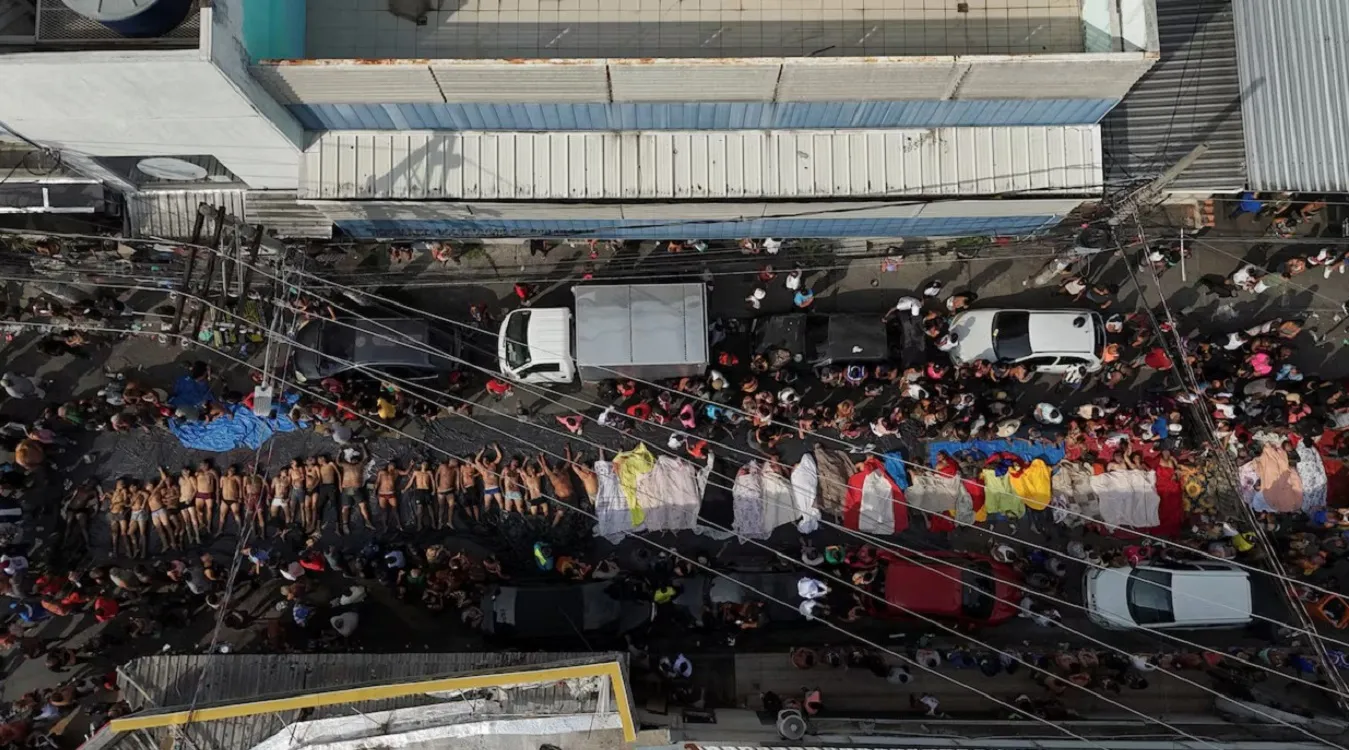- National
- Bangladesh
- Business
- International
- Sports
- Entertainment
- Politics
- Technology
- Life Style
- Religion
- Opinion
Tuesday, 03 March 2026



A police operation targeting a major drug gang in Rio de Janeiro has resulted in Brazil's deadliest police action ever, with at least 121 people killed including four officers and residents lining a street with dozens of corpses in protest.
Authorities confirmed 121 deaths so far, with public defenders estimating the final count will rise to at least 132. The raids were meticulously planned for over two months, designed to ambush suspects in a forested hillside.
Victor Santos, Rio state's head of security, called the high death toll "expected but not desired" and promised an investigation into any police "misconduct," though he claimed he didn't believe any occurred.
President Luiz Inacio Lula da Silva called for a coordinated effort to confront drug violence without risking police and "innocent families," stating organized crime cannot be allowed to destroy families.
Residents of the Penha neighborhood gathered dozens of bodies from the forest and lined up over 70 corpses on a main street in a harrowing protest. Relatives of the deceased and human rights lawyers reported signs of torture and summary executions, including bound limbs and knife wounds.
Rio Governor Claudio Castro defended the operation, calling the deceased "criminals" and the raids an effort to combat "narcoterrorism."
UN officials and security experts condemned the heavy casualties, with the UN human rights office urging "prompt and effective investigations" into the trend of extremely lethal police raids in marginalized communities.
The operation was the state's largest ever against the Comando Vermelho gang. This incident surpasses the previous deadliest police drug raid in Rio (28 killed in Jacarezinho in 2021) and the deadliest overall police operation in Brazil (111 killed in the 1992 Carandiru Penitentiary storming).
Comment